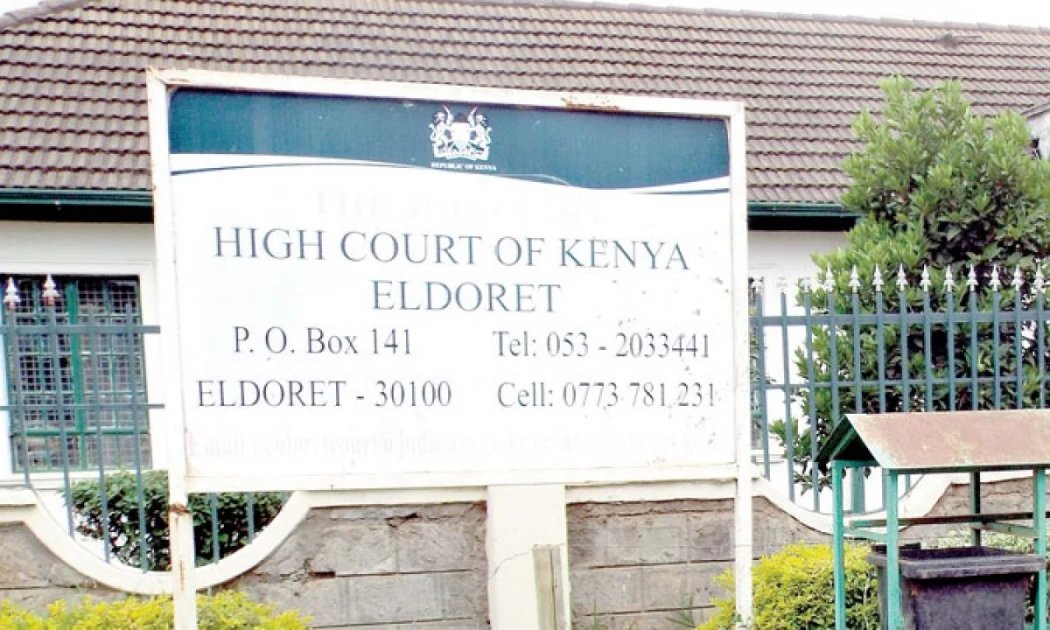
AG pressed to address transgender prisoner safety following court ruling » Capital News
NAIROBI, Kenya, Aug 24 – Rights groups have called on the Office of the Attorney General to urgently amend Part VI of the Prisons Act to address threats and violations faced by transgender persons in custody.
The rights defenders made the call following a landmark High Court ruling that affirmed the legal recognition of transgender Kenyans.
Part VI of the Act covers the classification and segregation of prisoners, such as separating female prisoners from males, as well as managing categories of inmates, including those on remand or requiring special arrangements.
The High Court in Eldoret, in a judgment delivered on August 12, 2025, directed the state to enact a Transgender Protection Rights Act or, alternatively, amend the Intersex Persons Bill, 2024, to close glaring gaps in the law.
The case was filed by a transgender Kenyan identified as SC, who challenged state authorities after being subjected to invasive and non-consensual medical procedures during incarceration.
“SC was born male but identified and lived as female from childhood. She obtained official documents — including an ID, birth certificate, and passport — bearing a female sex marker, and competed as a female athlete,” a joint statement from five lobby groups read.
The groups included the Kenya Human Rights Commission, the National Gay & Lesbian Human Rights Commission, Amka Africa Justice Initiative, galck+, Initiative for Equality & Non-Discrimination, and Pema Kenya.
SC’s ordeal began on June 14, 2019, when she was arrested at Moi Teaching and Referral Hospital and charged with “personation” under Section 382 of the Penal Code.
Sh1mn award for damages
Initially detained at Eldoret Police Station’s women’s wing, and later remanded at Eldoret Women’s Prison, she was subjected to a degrading strip search.
A subsequent court-ordered “gender determination” process escalated into invasive procedures — including genital examinations, radiology, hormone testing, and blood sampling — without her consent. Her private medical records were later leaked to the media.
In her petition, SC sought recognition as a transgender Kenyan, protection of her rights, damages, and reforms to prison law.
The court ruled in her favour, awarding Sh1 million in damages and declaring that her rights to dignity, privacy, and freedom from torture and degrading treatment had been violated.
Justice Reuben Nyakundi further held that transgender persons have the right to determine their self-identified gender and directed the state to ensure legal recognition of gender identity within Kenya’s legal framework.
Rights groups hailed the ruling as a decisive step toward equality.
“This ruling sets a new standard for the rights of transgender persons in Kenya. Self-identification is recognised, and legal identification is no longer optional. Duty bearers must act with care and respect in custodial settings. Privacy and consent in clinical procedures are not negotiable,” the lobby groups said.
They urged Parliament and the Attorney General to act swiftly on prison reforms and legislative amendments, including provision of appropriate facilities in police stations and prisons to safeguard rights at the point of arrest and detention.
The ruling also highlighted the wider suffering endured by transgender Kenyans, including misgendering, humiliation during searches, denial of essential medication, forced outing, and unsafe detention.
“Today, we honour SC and every transgender Kenyan who has insisted that dignity means what it says. We stand ready to support drafting, training, and public participation so that what the court has declared becomes a reality across the country,” the groups added.